Rare bacterial infection spreading in Switzerland
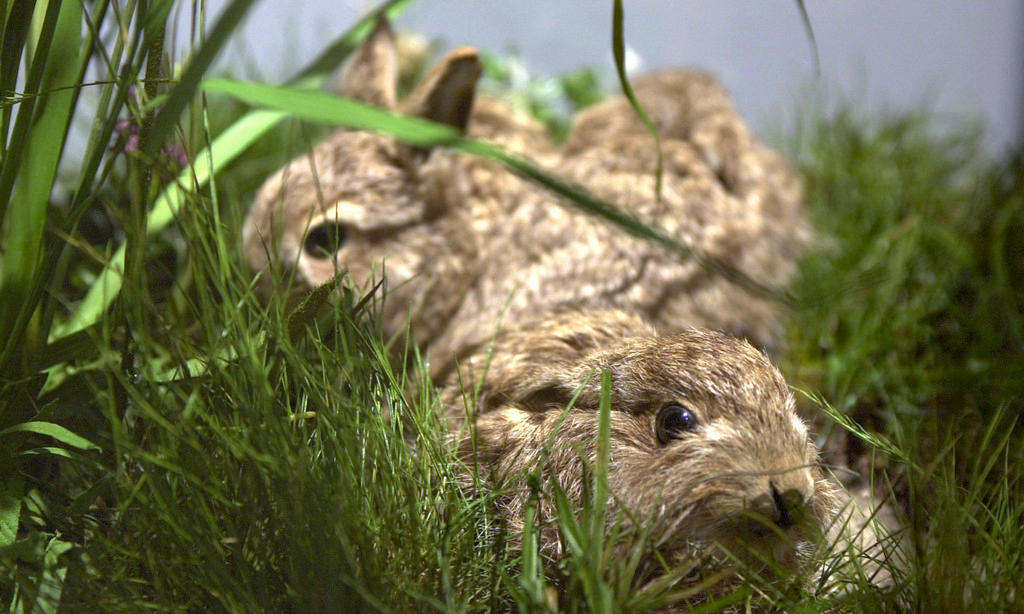
Rodent plague, a bacterial infection, is spreading among people in Switzerland. A growing number of incidents with tick bites has been recorded over the past few years.
The Federal Health OfficeExternal link counted 130 confirmed cases of tularemia last year, according to Swiss public radio, SRF. This is four times more than usual.
The authorities called on doctors to report all such cases. A decision on coordinated campaign measures will be taken later this year.
Experts say the disease can be treated with antibiotics, but it can be deadly if not detected in time.
The best precaution against rodent plague is for humans to protect against tick bites, according to the Federal Health Office.
+ Tick bites on the rise and how to protect yourself
The relatively little-known disease in rabbits and other wild animals is apparently transmitted to humans by contact with infected animal tissue and ticks.
Typical symptoms include fever, headaches, muscle pain, enlarged lymph nodes and red spots on the skin, according to medical sourcesExternal link.

More
Cute rodent appears on postcards and plates

In compliance with the JTI standards
More: SWI swissinfo.ch certified by the Journalism Trust Initiative
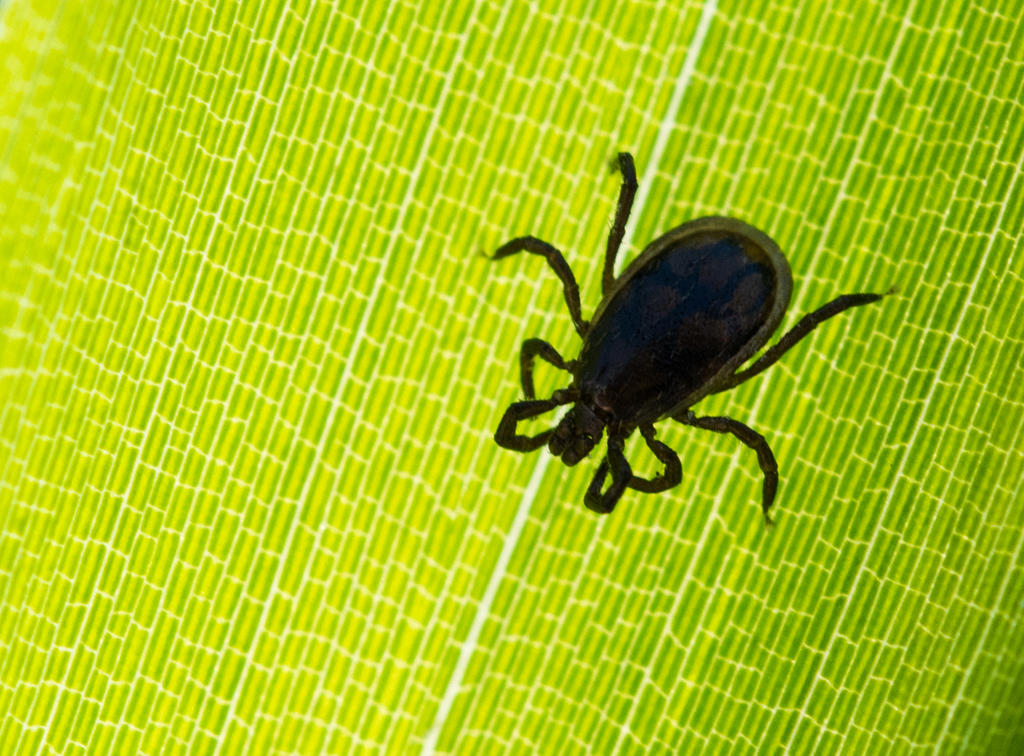
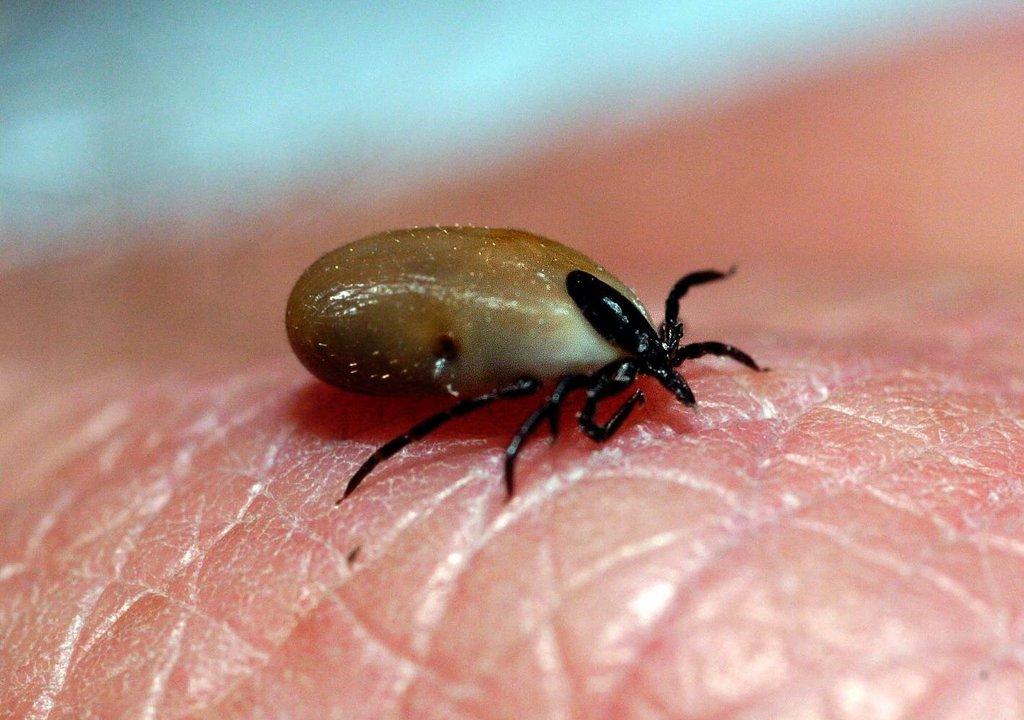

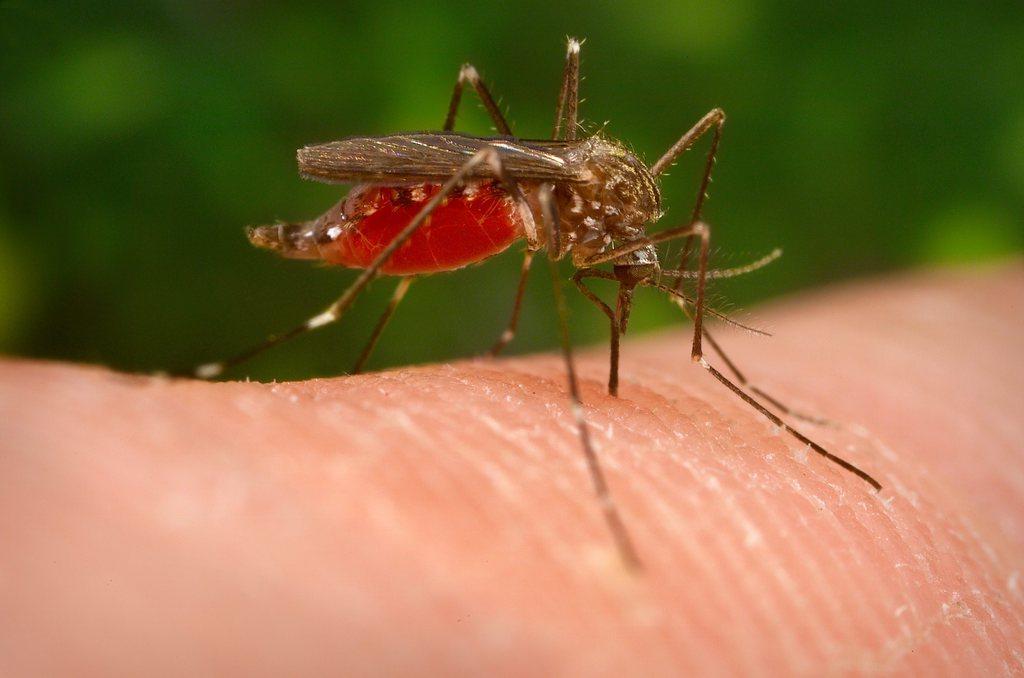
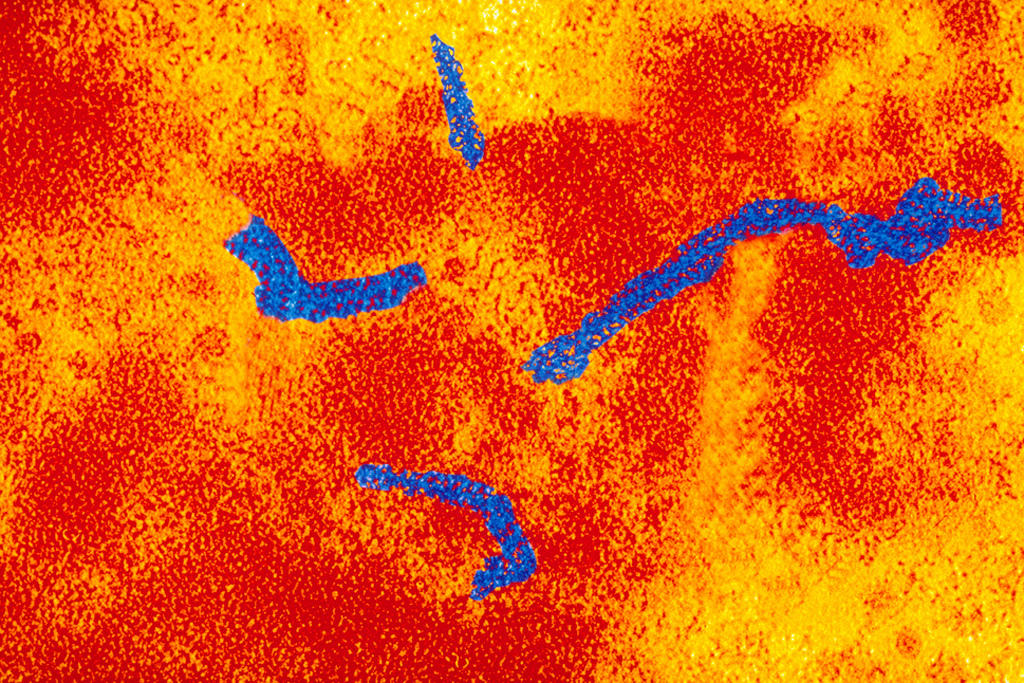
You can find an overview of ongoing debates with our journalists here. Please join us!
If you want to start a conversation about a topic raised in this article or want to report factual errors, email us at english@swissinfo.ch.